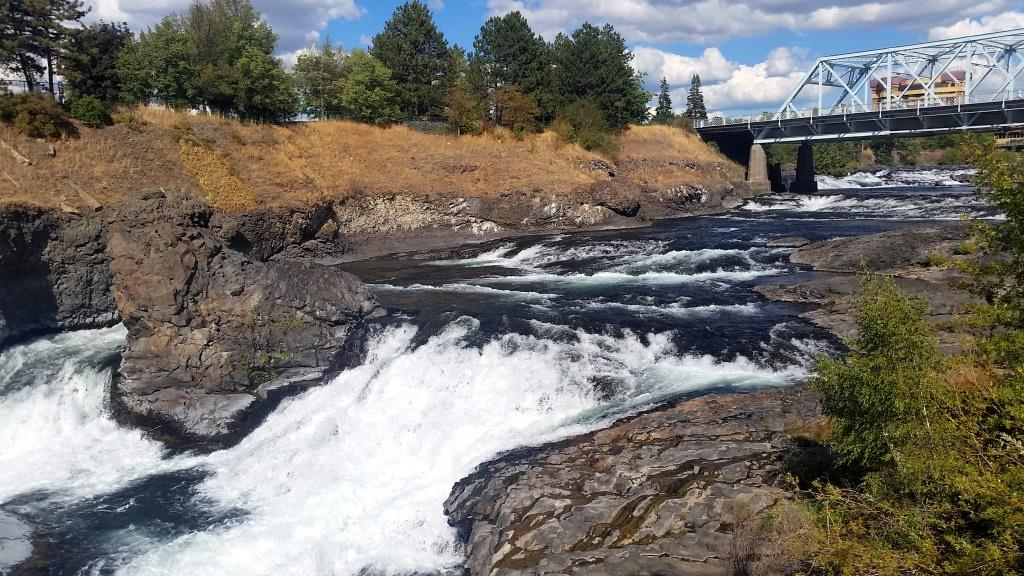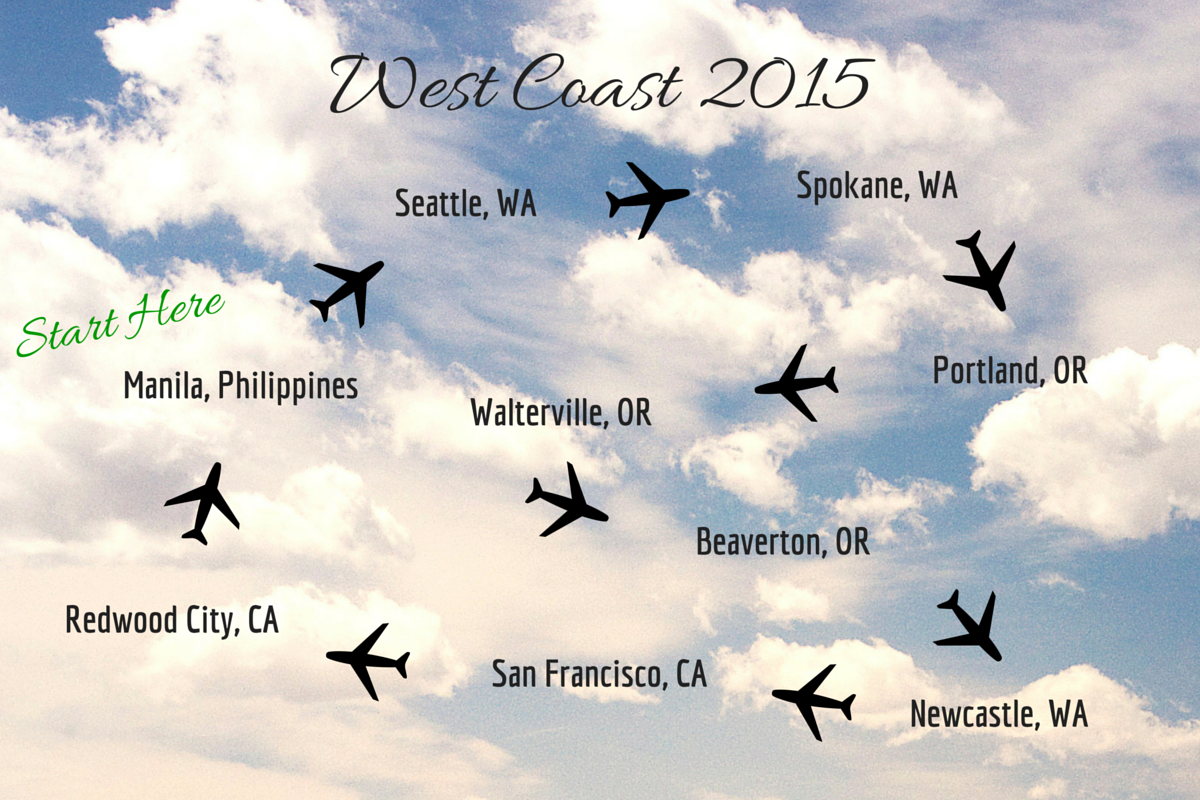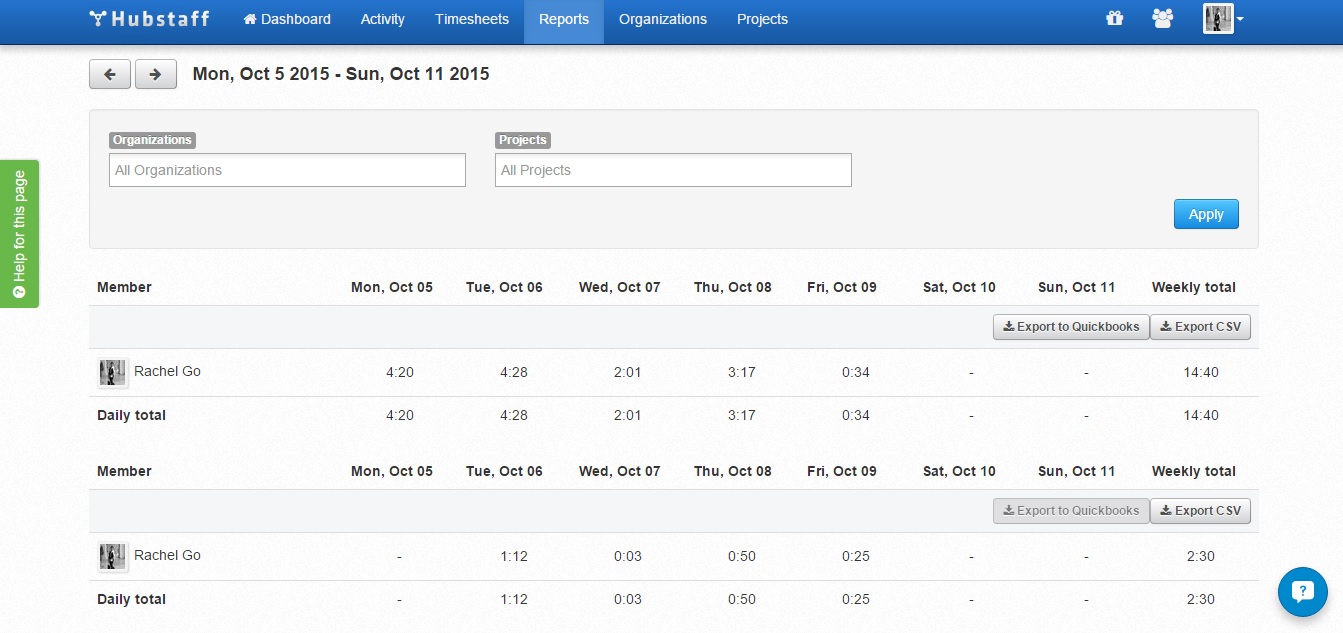
One of my favorite perks of being a remote worker is the ability to travel whenever and wherever I want. This September and October I went full digital nomad and traveled across the West Coast for two months to see if I could do it. (I’m on the last leg of my trip in the Bay Area.)

I wanted to know how traveling would affect my work, what lifestyle would be the most productive and how much scheduling plays a role in success.
Here’s what I found.
1. Bring your equipment
It may be tempting to travel light, but the productivity and comfort will be worth packing the extra pounds. Some of the things I think I should have brought include an external mouse for my laptop and maybe a small, portable laptop desk.
My laptop bag was also a huge help during this trip. It was nice to have one neatly wrapped group of items I needed to work, separate from all my other belongings. Even if I had just landed somewhere, I could take that laptop bag and go work.
2. Travel on your days off

Days spent in transit were rarely productive on my trip. It’s best to schedule travel on your usual days off so your work week doesn’t get cut in half. It interrupted my workflow when I broke my work weeks up and I was thrown off until I hit the next weekend.
If you’re going to be in transit anyways, you might as well write the day off and use it to explore, too.
3. Work in cafes and libraries

It was ridiculously easy to lose focus while working in a friend’s living room all the time. I suppose this was a problem unique to this trip, since I stayed with friends most of the time. However, it’s too easy to get distracted by people you know walking around. It’s better for work to be surrounded by people you don’t know, instead.
Here are a few great places you can work in McMinnville, my fourth stop along the way.
4. Bring your own WiFi
I had an abundance of WiFi on this trip. The Pacific Northwest is an amazing paradise of three-prong outlets and free WiFi. However, not everywhere is as great for remote work, so I would recommend getting mobile data set up on an Android phone that allows tethering.
At the time I write this post, iPhones charge an extra fee to be able to share mobile data with other WiFi enabled devices, but Androids have it as a built-in function. #TeamAndroid
5. Have your own space
Working in coffee shops is great, but not all the time. I needed a quiet place multiple times to make calls, have Skype meetings and watch video trainings recorded with Screencast. Make sure you’ll have your own quiet space no matter where you stay. If you’re crashing with friends, ask if there’s a room you can work in or a working space nearby. Investing in a hotel room vs. a busy hostel is worth the extra money for the increased productivity.
Also, being alone on some legs of your trip is invaluable. I need silence to be able to appreciate (tolerate) the sound. I almost went crazy after being with people constantly for the middle two weeks of my trip.
6. Ask the right questions
Before you decide on where to stay on your trip, ask yourself (or your host) a few questions to gauge whether you’re making a smart choice. Here are some questions to get you started.
- Will I have WiFi?
- Is there a coffee shop or library nearby with WiFi and plugs that I could work at?
- Is there a spare desk I can use to work at?
Questions for if you’re staying with someone;
- Will you be busy with anything on the days I plan to come?
- What hours do you work?
- Is there enough room at the house to fit another person comfortably?
- Are you worried about money at the moment? (It is not fun visiting a friend who is stressing about bills all the time)
7. Track your time and productivity
I tracked all my time with Hubstaff, which showed me how many hours I worked that week, how active I was and allowed me to measure my productivity while I was on the road. It was incredibly easy to look over all of my timesheets and see which weeks were better than others, check the screenshots to analyze what kind of tasks I did, and download my reports to compare.

8. Enjoy yourself

This was an amazing two months spent with some of the best people I’ve ever met in my life. There were times I had to remind myself of how fortunate I am to be able to travel and work like this. There were some bumps in the middle but it was a wonderful trip and experience overall, and I did so many things I would have never been able to do. Magic happened when I stopped stressing out about when I would work and just picked up my coat and stepped out the door (laptop-free). Work always got done eventually.
The bottom line of this post is this; If you can work and see the world, live wherever you want and however you want, you are incredibly lucky.
Bonus: Say thank you
At the end of my trip I sent thank you cards and a small surprise to everyone that I stayed with to show my appreciation. You don’t have to send a card, but a nice email would be appreciated wherever you’ve been. At a hostel or hotel you can leave a small gift at the front desk, and if you stay with a fellow nomad getting some groceries would be a nice gesture.
And thank you for reading my post!

I also wrote about my trip regularly. You can find them compiled in A collection of stories from my working trip across the West Coast.
Hope you found this post useful in some way. If you have any stories or remote work tips to share, I’m all ears.